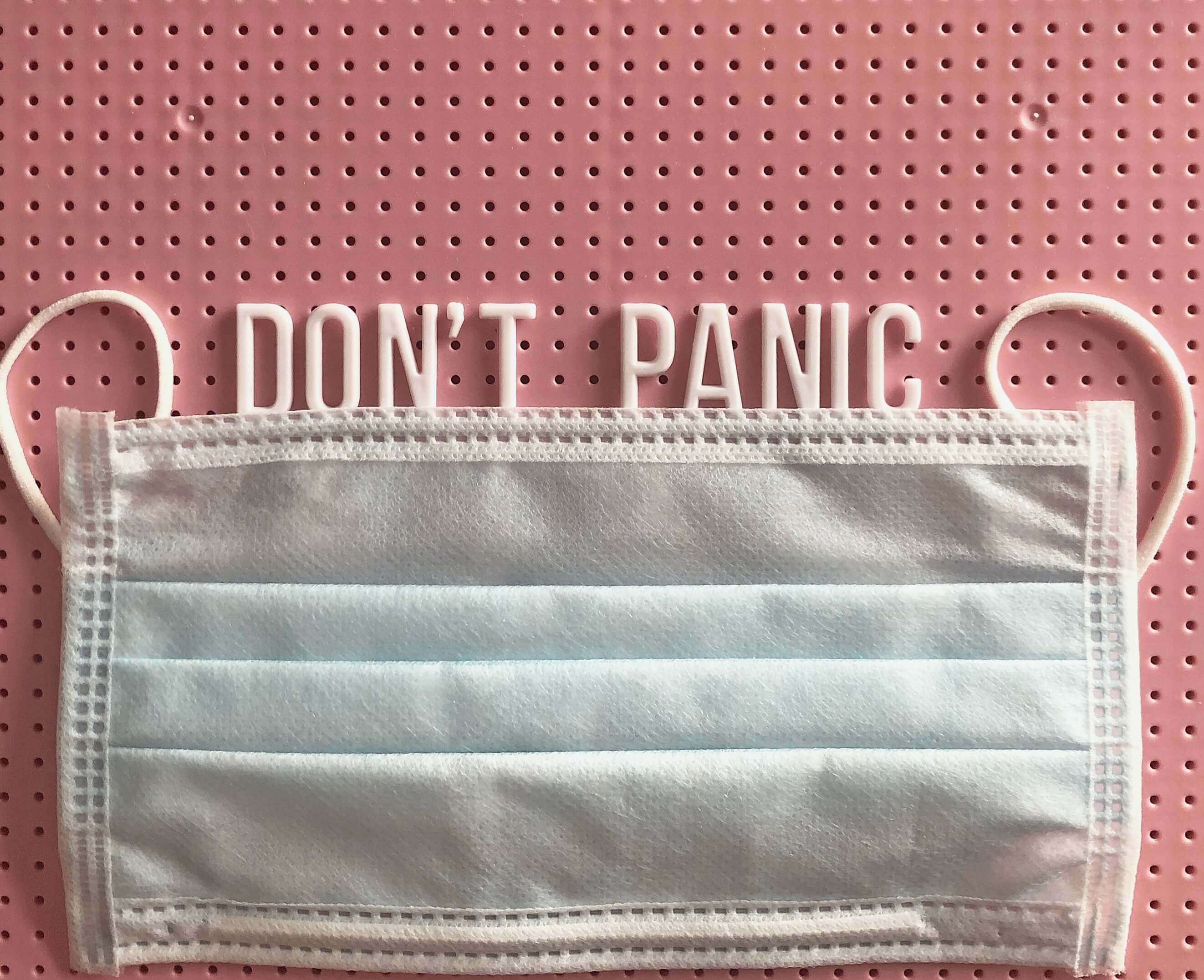
When to Go to the Hospital with Covid-19?
When to go to the hospital with Covid-19 is a question on many people's minds. This virus has caused a lot of concern worldwide, and for a good reason. It can cause severe symptoms in some people. In this blog post, we will outline the severe, moderate, and mild symptoms of Covid-19 so that you can make an informed decision about whether or not to seek medical help.
Remember that some of these symptoms may overlap, so it is important to consult with a doctor if you are feeling ill and suspect that you might have Covid-19.
Severe Symptoms of Covid-19

Here are the severe signs you need to go to the hospital with Covid-19:
- Difficulty breathing or shortness of breath
- Vomiting or nausea
- Persistent chest pain or pressure in the chest
- Bluish lips or face
- Diarrhoea.
Moderate Symptoms of Covid-19
Moderate COVID-19 signs can include the following:
- Fever
- Headache
- Fatigue
- Body aches
- Sore throat
- Loss of smell or taste
- Congestion or runny nose
- Diarrhoea.
Mild Symptoms of Covid-19
Mild symptoms of COVID-19 can include the following:
- Fever
- Cough
- Shortness of breath
- Fatigue
- Body aches
- Sore throat.
It's important to note that not everyone with COVID-19 will have the same symptoms or the same severity of symptoms. Some people may have only mild or no symptoms at all, while others may have severe symptoms. You should contact your healthcare provider for guidance if you have any concerning symptoms or are at high risk for complications from the COVID-19 pandemic.
Testing for Covid and Treatment
There are several types of tests that can be used to diagnose COVID-19. The most common test is a PCR (polymerase chain reaction) test, a highly accurate test that can detect small amounts of the virus in a sample from the back of the throat or nose. Other types of tests include rapid antigen tests and antibody tests.
The Flowflex antigen test and the Healgen antigen test kit are other options to know your Covid-19 status quickly. Antibody tests, also known as serological tests, are used to detect antibodies in the blood that are produced in response to the virus. These tests can be used to determine whether someone has been infected with the virus in the past, but they are not as reliable at detecting current infections.
If you think you may have COVID-19 or have been in close contact with someone who has the virus, it's important to get in touch with a medical professional. They can help you determine the most appropriate type of test for your situation and provide information on where to get tested.
There is currently no specific treatment for COVID-19, but you can do several things to manage symptoms and prevent complications. These can include getting plenty of rest, staying hydrated, and taking over-the-counter medications to relieve fever and pain. If you have severe symptoms or are at high risk for complications, you may need to be hospitalized for additional care.



